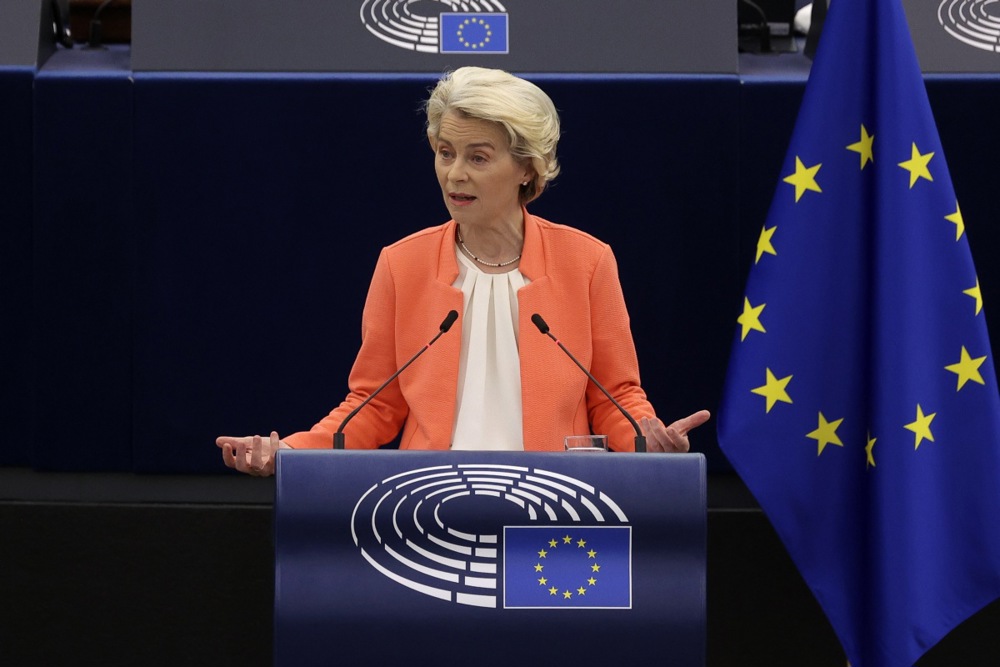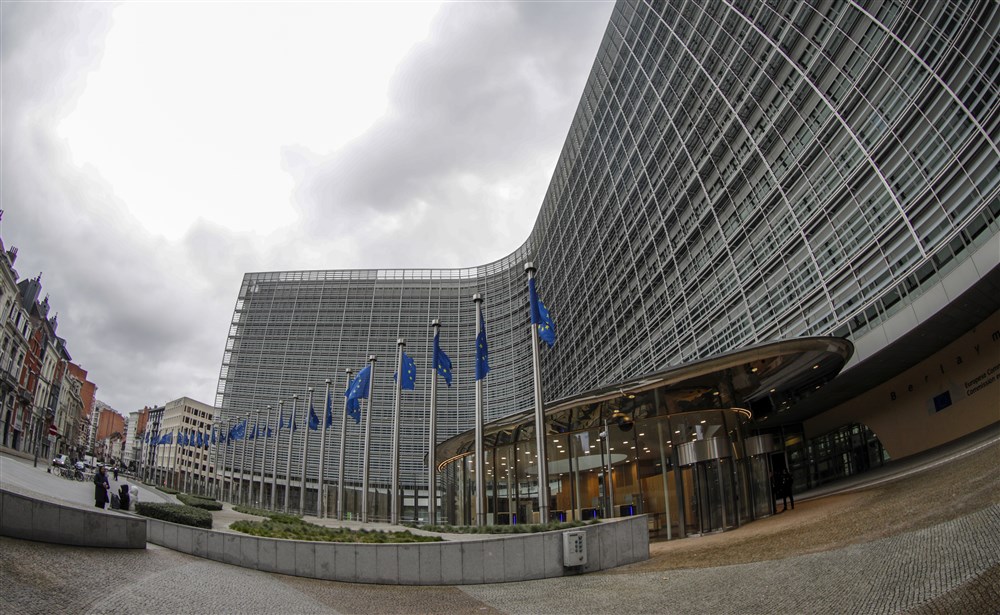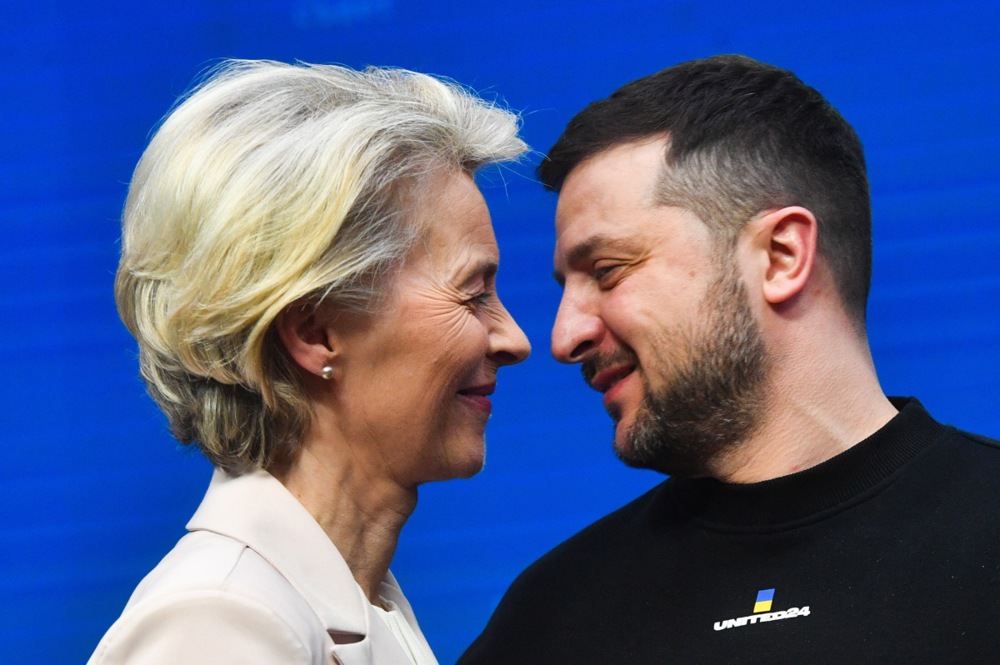The Polish Government adopted a resolution on September 15 opposing any tolerance towards illegal migration.
That was in response to European Commission President Ursula von der Leyen’s recent visit to the Italian island of Lampedusa, which has been swamped with arrivals, during which she proposed relocating the illegal migrants to other European Union Member States.
Speaking at a press conference after the government session, Polish Prime Minister Mateusz Morawiecki said the European Union “hasn’t learned from past mistakes and have returned to the same mechanisms that were rejected at the European Council in June 2018”.
“I remind you that the European Council rejected the mechanism of compulsory relocation and any fees for not accepting illegal migrants. Now the European Commission is returning to that,” he said.
Leader of the ruling conservatives (PiS) Jarosław Kaczyński said at the same press conference that the resolution was in answer to the events in Lampedusa, which he described as “a symbol of the threat facing the whole of Europe, Poland included”.
The resolution calls upon the EU to return to an agreement of 2018 that excluded any enforced relocation against the will of Member States.
It also states that all attempts at relocation effectively encourage further illegal migration and human trafficking. Kaczyński said any such pushes for relocation were “counterproductive”.
He also revealed that the Polish resolution claims that the country has shown illegal migration can be combated by effectively policing one’s borders. The alternative to such a policy is illustrated by the chaos in Lampedusa, Kaczyński added.
Poland’s resolution calls for a fundamental change in EU migration policy including “an increased commitment to sealing the EU’s external borders, fighting against international smuggling ‘Mafias’ and the implementation of measures in migrants’ countries of origin”.
Kaczyński added that the EC was pouring petrol on the fire of illegal migration with its actions and Poland was not afraid to call it out. He said he believed it was Poland’s duty to its own people as well as to the people of Europe and the EU itself to take a stance against the mass influx of illegal migrants.
Over the past week, more than 10,000 migrants have arrived on Lampedusa, which has a population of 6,000 and is located between Tunisia and Malta on the Mediterranean Sea. In response, von der Leyen visited the island with Italian Prime Minister Giorgia Meloni and announced a 10-point plan to address the surge in illegal mass-migrantion.
The plan seeks to “transfer people out of Lampedusa, including to other Member States, using the Voluntary Solidarity Mechanism [VSM]”, which has been rejected by Poland.
Commenting on von der Leyen’s stance, European affairs expert Professor Tomasz Grosse said the new migration crisis was being met with “old solutions”. Instead, he said, “radical measures such as refusing to process asylum claims of illegal arrivals, sending them back where they came from” are required.
The academic observed that Germany and France have already rejected von der Leyen’s appeal by closing their borders to migrants.
He said he was sceptical as to whether Tunisia increasing its patrols would do much to stop the migrant crisis and that he believed that the EU needed “to adopt the Australian approach of taking the illegal migrants away from Europe rather than rewarding them by redistributing them to other EU Member States”.
Migration is a hot topic in this year’s general election campaign in Poland. On the day of the vote, October 15, Poles will also be voting in a referendum in which one of the questions will be regarding the EU Migration Pact.
The PiS claims that is introducing the compulsory relocation of migrants by fining states for non-compliance with the VSM, which it rejects.





